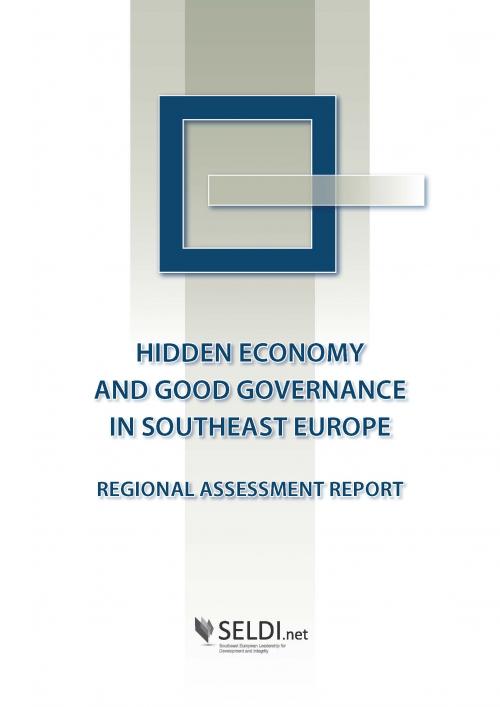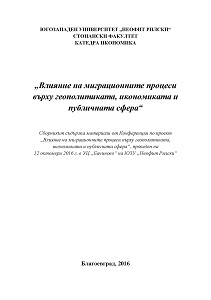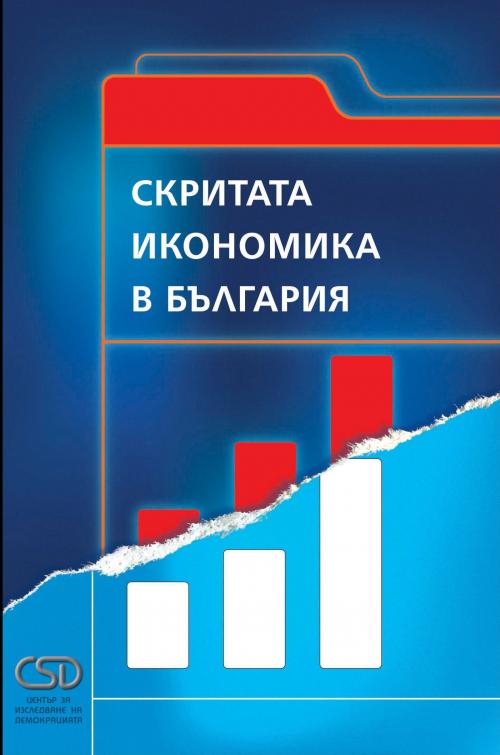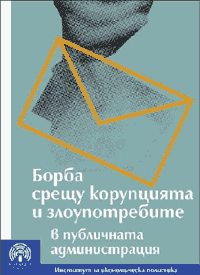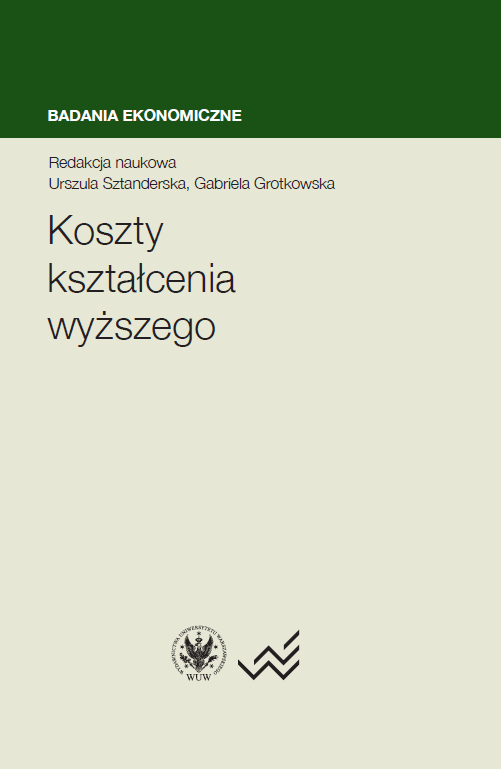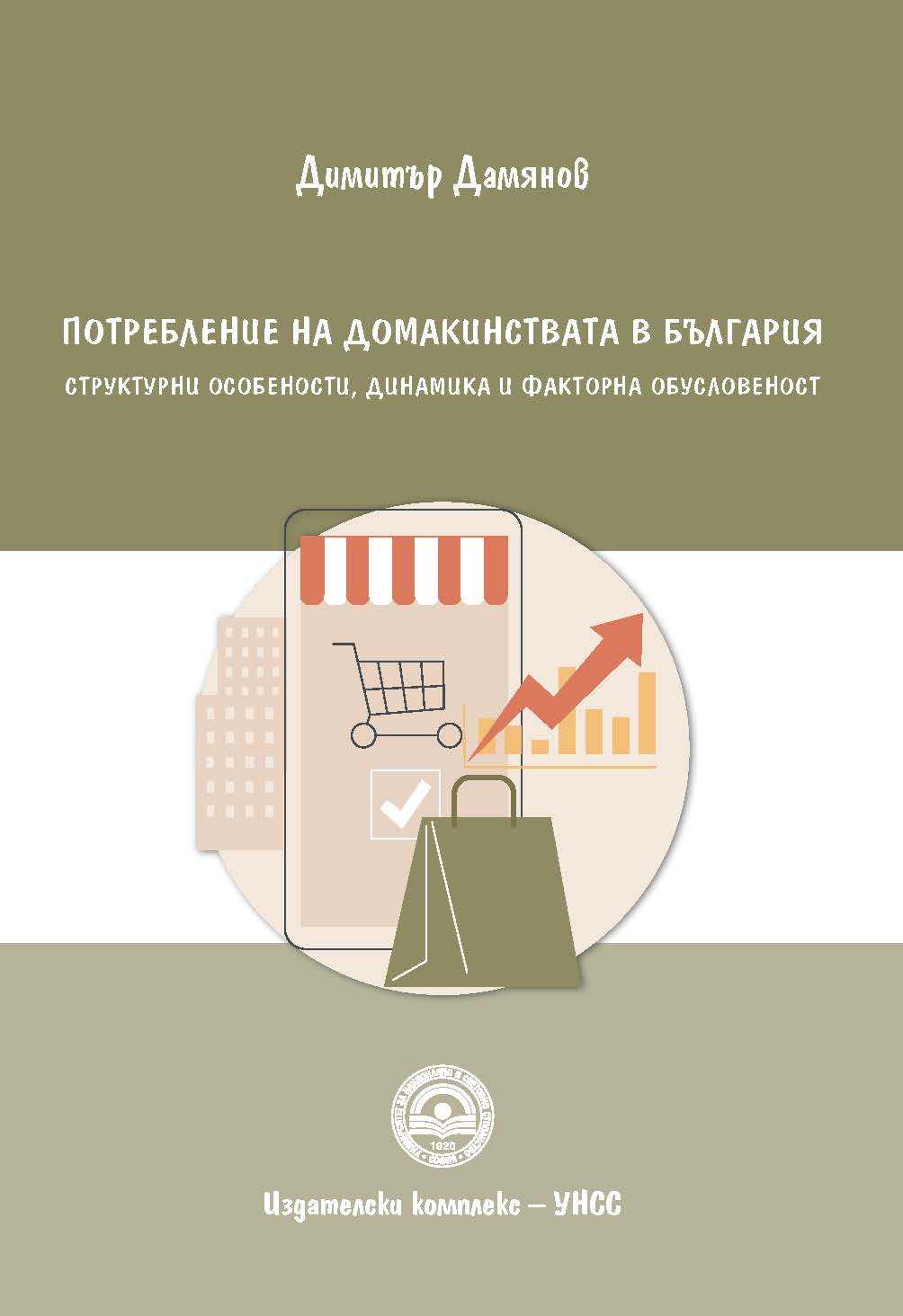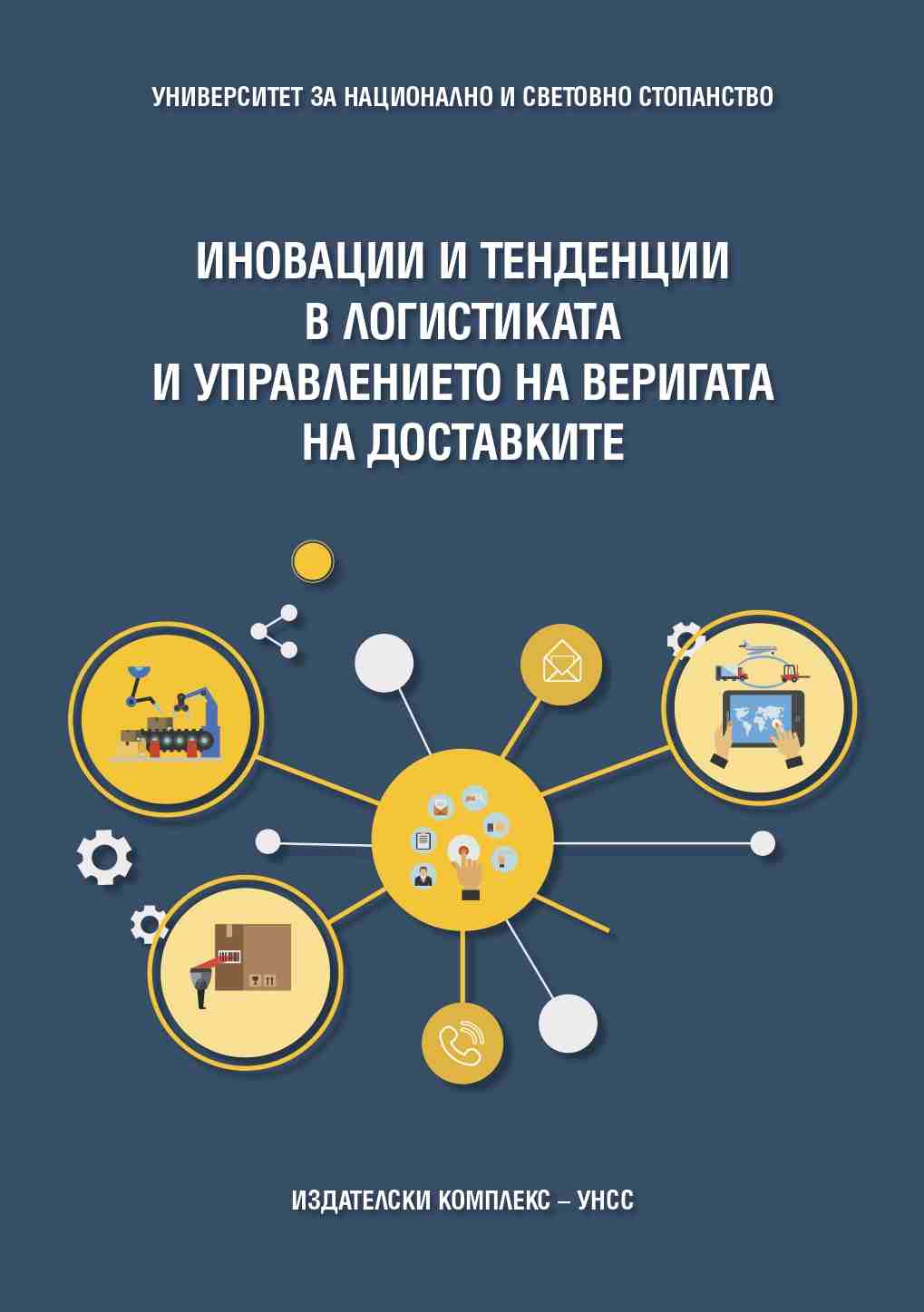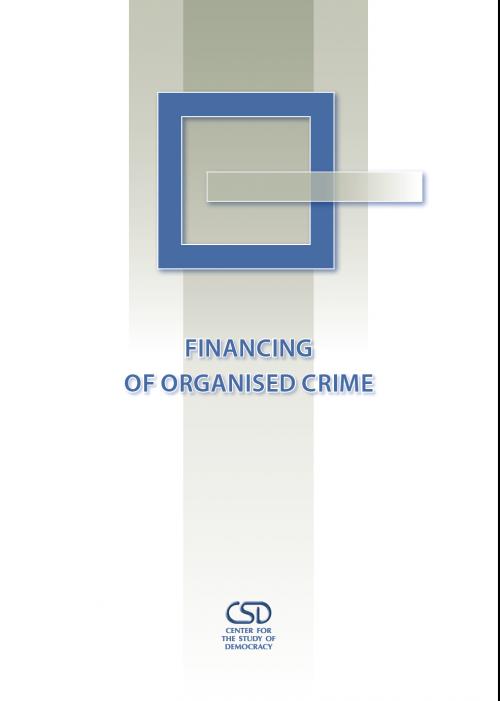
Financing of organised crime
The report Financing of Organised Crime contributes to a better understanding of the financial aspects of organised crime. The analysis explores topics such as the sources and mechanisms for financing organised crime, settlement of payments, access to financing in critical moments, costs of business and the management of profits. Drawing on the results of the analysis, the report also suggests possible new approaches to tackling organised crime. The report has been produced with the joint efforts of the Center for the Study of Democracy, the University of Trento and Teesside University and in close collaboration with the State Agency National Security in Bulgaria, the State Police in Latvia and the French National Institute for Advanced Studies in Security and Justice.
More...
